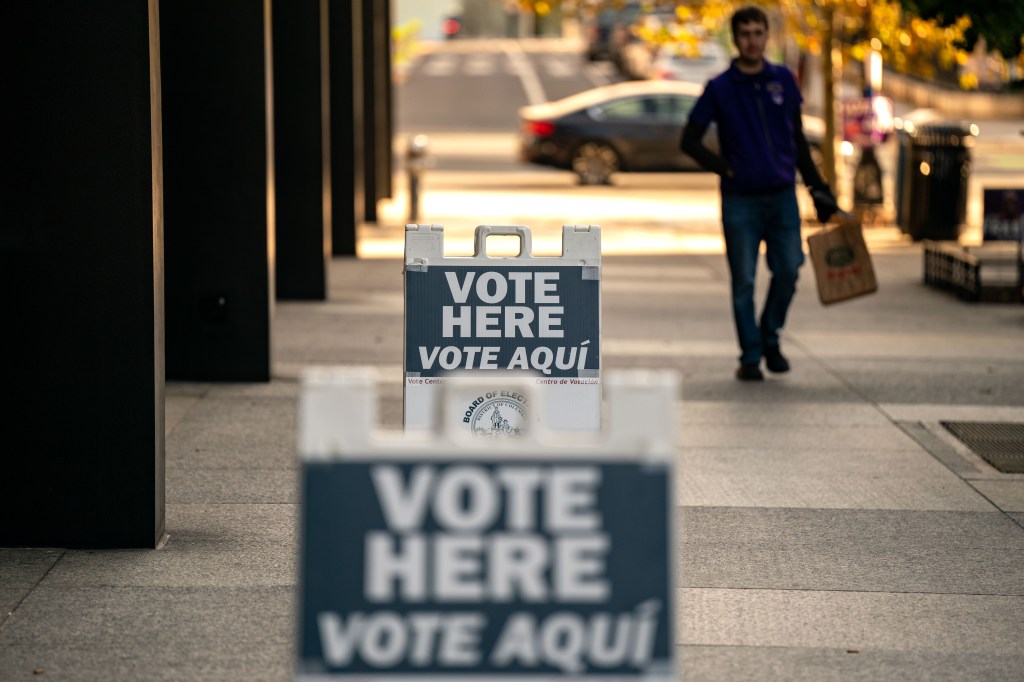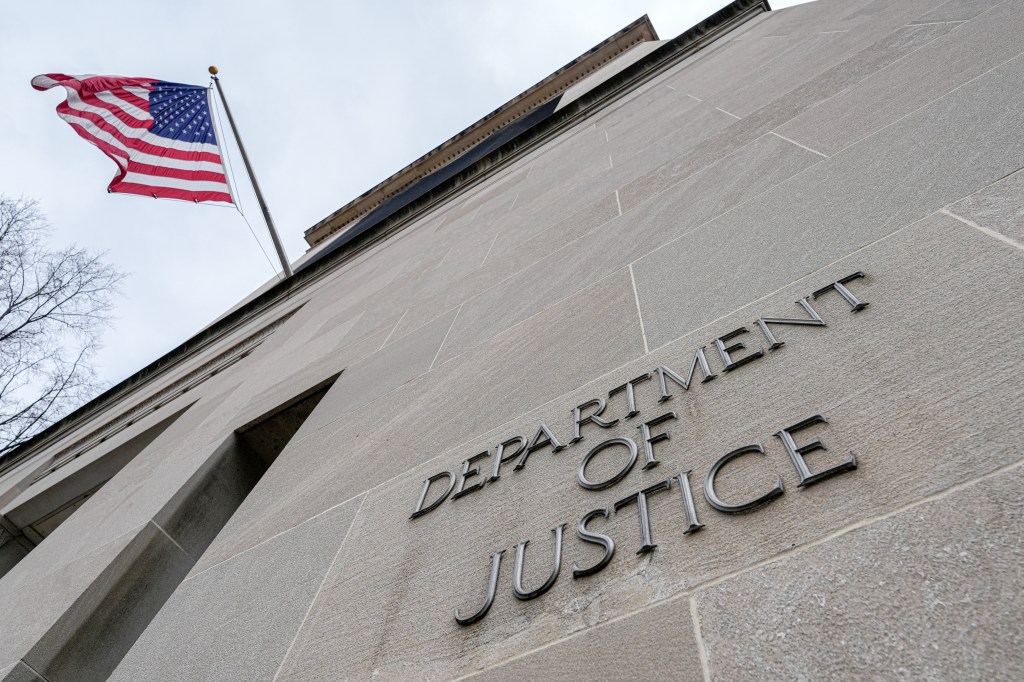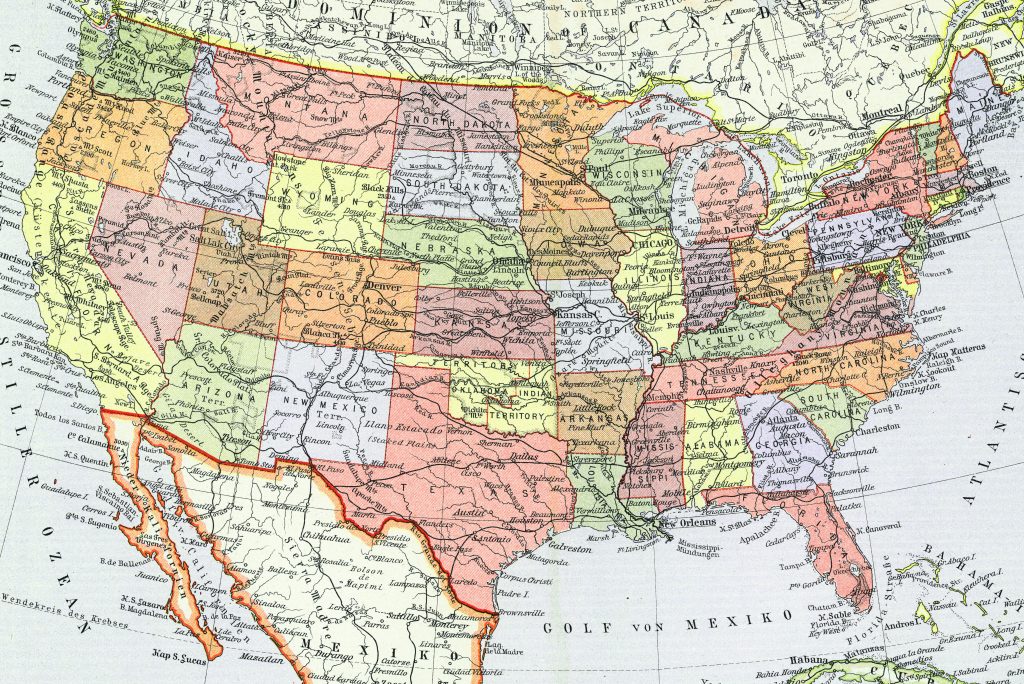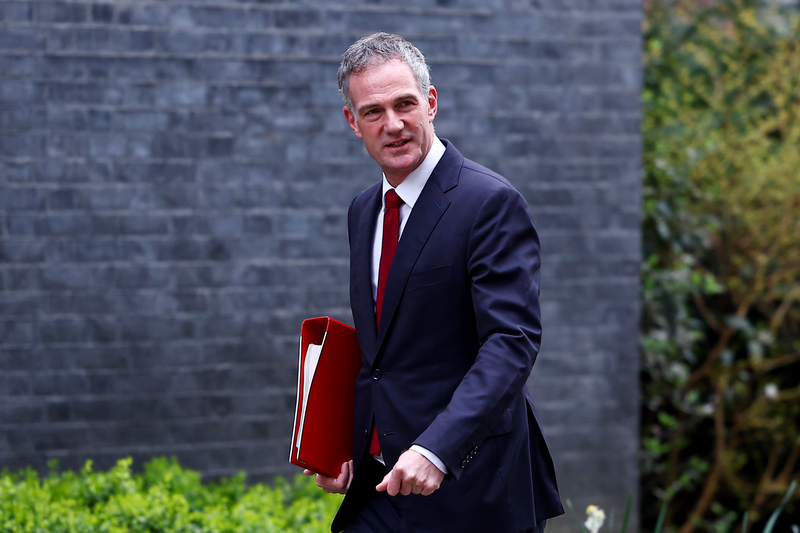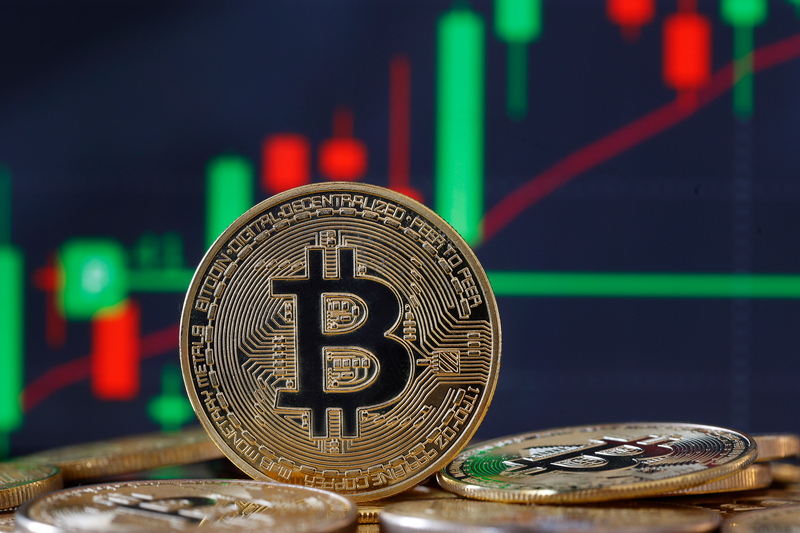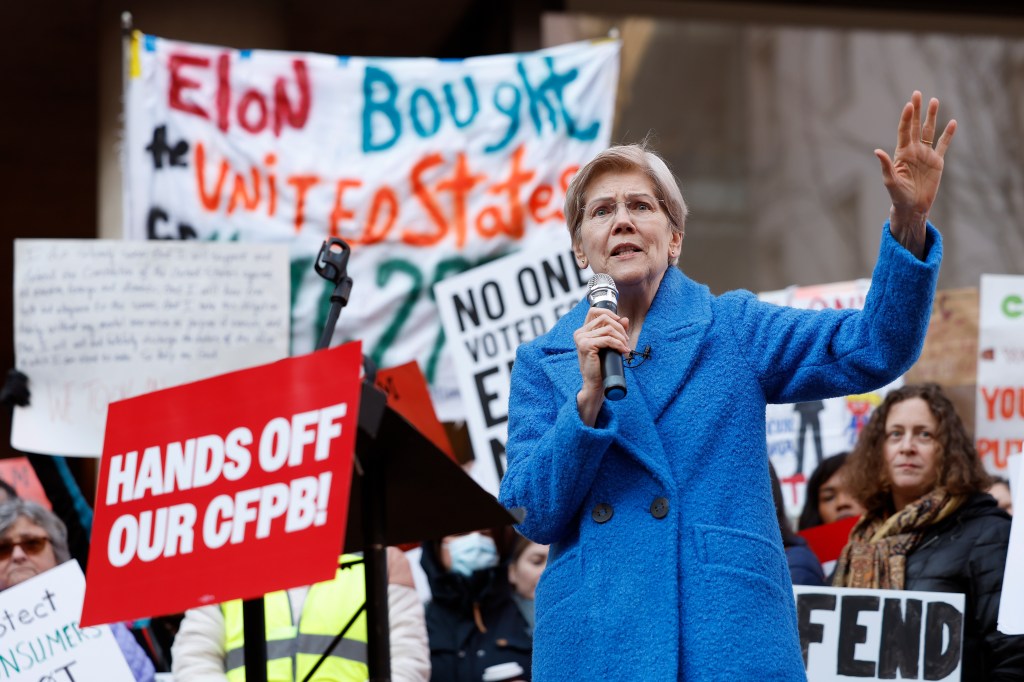The Trump administration has ordered the Consumer Financial Protection Bureau (CFPB) to end almost all of its work, basically shuttering an agency that was created to protect consumers after the 2008 financial crisis and subprime mortgage-lending scandal.
Russell Vought, the newly installed director of the Office of Management and Budget, directed the CFPB to stop working on proposed rules, suspend the effective dates on any rules that were finalized but not yet effective, stop investigative work, and not begin any new investigations. He also ordered the bureau to “cease all supervision and examination activity.”
President Donald Trump tapped Vought to be the acting director of the CFPB last Friday (alongside heading up OMB) after firing the previous director of the Bureau, Rohit Chopra.
“Please do not perform any work tasks,” Vought wrote in an email to employees. “If there are any urgent matters, please alert me through Mark Paoletta, Chief Legal Officer, to get approval in writing before performing any work task. Otherwise, employees should stand down from performing any work task.”
“CFPB RIP”
Paoletta followed up with a message in a Monday email to enforcement staff, instructing enforcement employees “not [to] make any further communications, including phone calls and emails to parties that are subject to any pending enforcement matter or prospective enforcement matter without getting my approval in writing.”
Last Friday, Elon Musk wrote “CFPB RIP” with an emoji of a tombstone on his social media site “X,” and the CFPB homepage on the Internet was taken down Sunday and replaced by a message reading “page not found.” On Saturday, Vought said in a social media post that the CFPB would not draw its next round of funding from the Federal Reserve. Congress directed the agency to be funded by the Fed to insulate it from political pressures.
Since the CFPB is a creation of Congress, it would require a separate act of Congress to formally eliminate it. But the agency director has discretion over what and how many enforcement actions to take.
The CFPB is the supposed money drain that found money for consumers. The Bureau reported obtaining nearly $20 billion in financial relief for US consumers since its founding, in the form of canceled debts, compensation, and reduced loans.
Implications
The shutdown of the CFPB throws into question the future of several pending lawsuits, as well as new rules meant to lower credit card and overdraft fees.
- Pending lawsuits include one against three banks – JPMorgan, Bank of America and Wells Fargo – over alleged fraud on the Zelle payment network.
- Another case targeting Comerica is pending; the agency has alleged the bank (which helps disburse payments to unbanked Social Security recipients) has been charging them unnecessary fees, among other things.
- And most recently, in January, the CFPB sued Capital One, accusing it of essentially freezing interest rates on one of its high yield accounts.
For their part, CFPB employees have questions and grievances they are bringing to their union.
First, what constitutes a “work task” as cited by Vought was vague, prompting the employees to use encrypted chat apps and an instant-message platform run by the CFPB’s union, asking whether they were allowed to talk to one another over Microsoft Teams, or read their email, or complete required online training programs.
Second, that union – which represents employees across dozens of federal agencies – filed two lawsuits on Sunday against Vought, with one seeking to block the shutdown of the agency and another aimed at stopping Elon Musk’s Department of Government Efficiency from accessing employee records and information.
“CFPB employees have been placed in questionable status as they have been directed not to work but they have also not been formally placed on any authorized type of leave,” the union said. “It is substantially likely that these initial directives are a precursor to a purge of CFPB’s workforce, which is now prohibited from fulfilling the agency’s statutory mission.”

